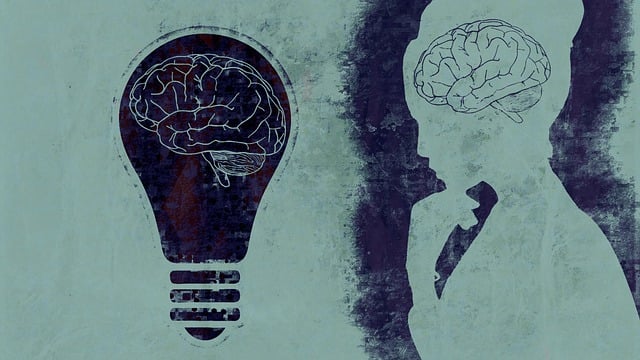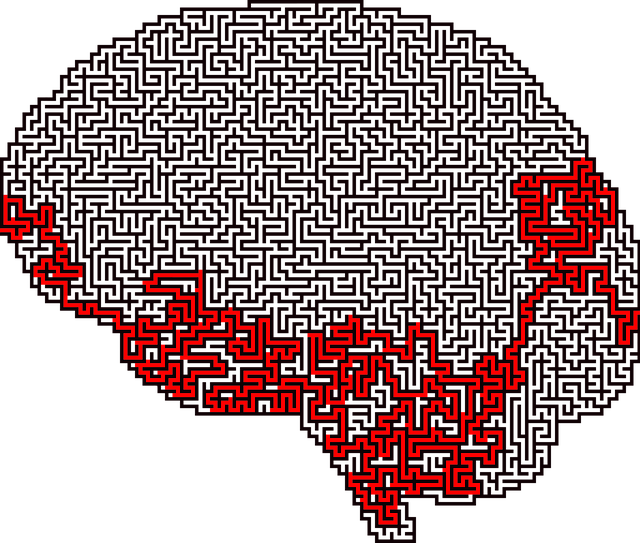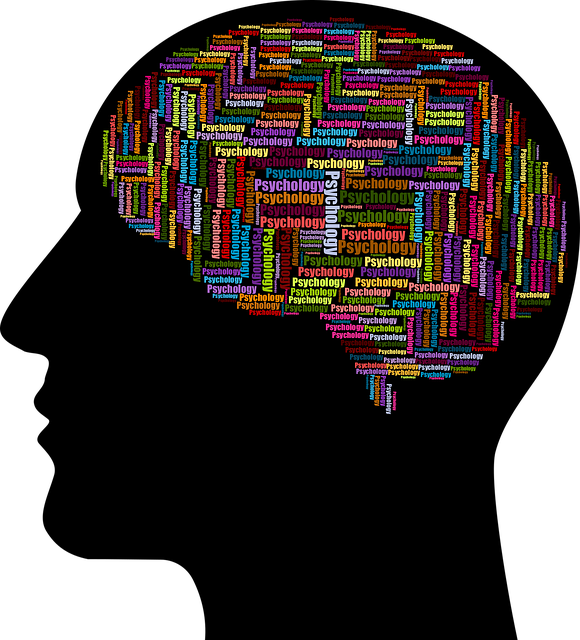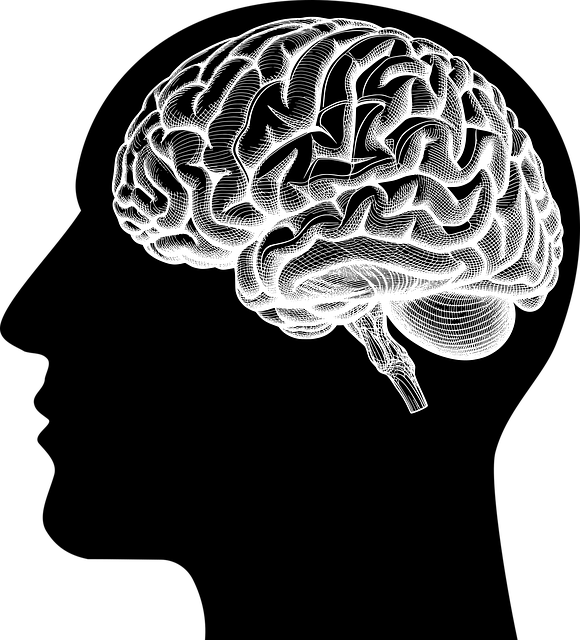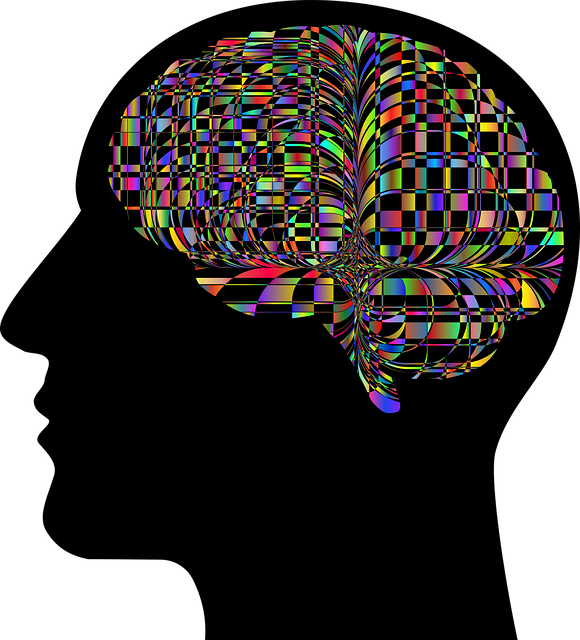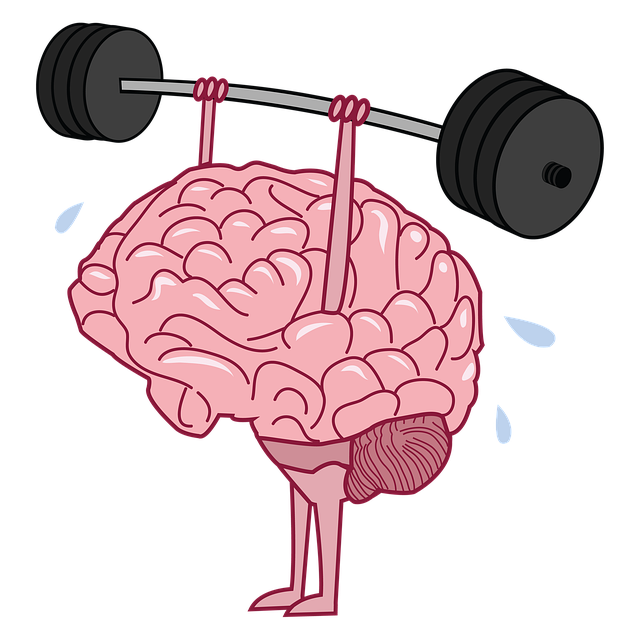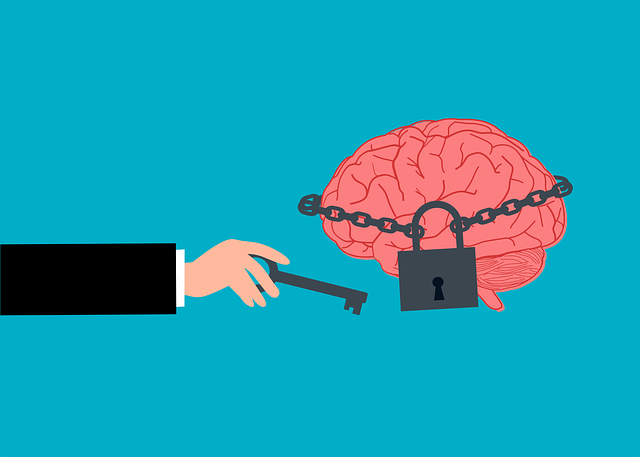In today's fast-paced world, personalized mental health assessments are crucial for diverse communities in Longmont, addressing burnout among healthcare providers and enhancing well-being. The proposed solution is a user-friendly self-assessment tool based on psychological frameworks, encouraging self-reflection and promoting integrated mental health education. Longmont Mental Health Evaluations go beyond traditional therapy by offering comprehensive assessments of emotional intelligence, stress levels, social skills, and coping mechanisms, guiding tailored treatments and improving quality of life. Integrating evidence-based therapies like CBT and mindfulness, these evaluations empower individuals to take control of their mental wellness through accessible online platforms, breaking down barriers to support in Longmont.
Mental wellness self-assessment tools are gaining prominence as individuals seek more personalized approaches to their mental health. This article explores the development of such tools, focusing on Longmont Mental Health Evaluations as a comprehensive framework. We delve into key components for effectiveness, including tailored questionnaires and integrative therapy sessions. By enhancing user experience and accessibility through digital platforms, these assessments empower users to take charge of their mental well-being, with Longmont Mental Health Evaluations serving as a pioneering model.
- Understanding the Need for Personalized Mental Health Evaluations
- Key Components of an Effective Self-Assessment Tool
- Longmont Mental Health Evaluations: A Comprehensive Framework
- Integrating Therapy into Self-Assessment Processes
- Enhancing User Experience and Accessibility in Digital Platforms
Understanding the Need for Personalized Mental Health Evaluations

In today’s fast-paced world, recognizing and addressing individual mental health needs has become increasingly vital. Traditional one-size-fits-all approaches to mental wellness often fall short in catering to the unique challenges faced by each person. This is particularly evident in Longmont, where diverse communities require tailored solutions for their mental health evaluations. By developing personalized assessment tools, individuals can receive more accurate diagnoses and targeted therapies aligned with their specific circumstances.
The need for customized mental health evaluations is further highlighted by the growing recognition of burnout among healthcare providers. Implementing effective burnout prevention strategies for healthcare providers can be facilitated through comprehensive assessments that identify early signs of stress and emotional exhaustion. Moreover, integrating these tools into existing therapy practices and mental health education programs design can foster a holistic approach to well-being, empowering individuals to take control of their mental health journeys effectively.
Key Components of an Effective Self-Assessment Tool

An effective self-assessment tool for mental wellness should incorporate several key components to ensure accuracy and usefulness. Firstly, it must include a comprehensive set of questions that cover various aspects of an individual’s mental health, such as mood, anxiety levels, sleep patterns, and social interactions. These questions should be designed based on established psychological frameworks and theories, like the Mind Over Matter principles, to provide a holistic evaluation. The tool should also promote self-reflection by encouraging users to explore their emotional well-being promotion techniques and self-care practices, which can offer valuable insights into potential areas of improvement.
Additionally, an ideal self-assessment should be user-friendly, ensuring a smooth experience for those seeking mental health support in Longmont. The language used should be clear and non-technical to avoid intimidating users. Incorporating interactive elements or visual aids can enhance engagement and understanding. By combining these components, a robust self-assessment tool can serve as a valuable starting point for individuals to recognize their mental health status, guiding them towards appropriate therapy or further evaluations if needed.
Longmont Mental Health Evaluations: A Comprehensive Framework

The Longmont Mental Health Evaluations represent a comprehensive framework designed to assess and support mental wellness. This innovative toolset goes beyond traditional therapy methods by integrating various psychological assessments to offer a holistic view of an individual’s mental health. It encompasses a range of factors, from emotional intelligence and stress levels to social skills and coping mechanisms, providing a detailed picture that therapists can use to tailor treatments effectively.
By leveraging these evaluations, therapy sessions become more targeted and productive. For instance, identifying strengths in emotional intelligence can lead to strategies for enhancing self-awareness and managing anxiety relief. Similarly, assessing social skills training needs allows professionals to guide clients toward building healthier relationships and improving their overall quality of life. This multifaceted approach ensures that each individual receives personalized care, fostering growth and resilience in various aspects of mental wellness.
Integrating Therapy into Self-Assessment Processes

Integrating therapy into self-assessment processes for mental wellness can significantly enhance their effectiveness. Longmont Mental Health Evaluations have evolved to incorporate therapeutic techniques that go beyond traditional questionaires. This approach recognizes that mental health is not just about identifying symptoms but also understanding underlying causes and fostering resilience. By combining assessment with evidence-based therapies, individuals can develop personalized strategies for managing mood, stress, and promoting overall well-being.
For instance, these evaluations may include components of cognitive-behavioral therapy (CBT), mindfulness practices, or other therapeutic modalities tailored to the individual’s needs. This holistic integration ensures that those undergoing self-assessment not only gain insights into their mental health status but also learn practical tools for stress management and mood regulation. As a result, Longmont Mental Health Evaluations become transformative experiences that empower individuals to take control of their mental wellness in a comprehensive and supportive manner.
Enhancing User Experience and Accessibility in Digital Platforms

In today’s digital age, the development of user-friendly and accessible online mental wellness self-assessment tools is a game-changer for individuals seeking support in Longmont Mental Health Evaluations Therapy. These platforms offer a convenient and often more affordable alternative to traditional therapy, making it easier for folks to take charge of their emotional well-being. By prioritizing an enhanced user experience, these digital tools can encourage users to engage with their inner strength development and explore effective stress reduction methods.
Designing intuitive interfaces that guide users through self-assessment questionnaires, providing clear explanations, and offering personalized recommendations can significantly impact the accessibility of mental health resources. This approach ensures that individuals from all walks of life, regardless of their technological proficiency or location, can access valuable tools for emotional regulation. By making these platforms accessible on various devices, developers contribute to breaking down barriers to mental wellness support.
Mental wellness self-assessment tools, such as the Longmont Mental Health Evaluations, play a pivotal role in empowering individuals to take charge of their mental health. By incorporating comprehensive frameworks and integrating therapy into these processes, we can create effective digital platforms that enhance user experiences and improve accessibility. These tools not only facilitate personalized evaluations but also serve as gateways to tailored interventions, fostering better mental well-being for all.

